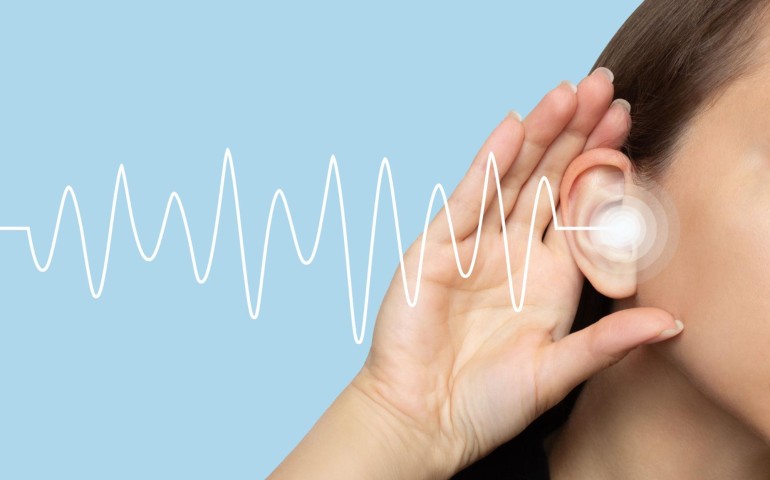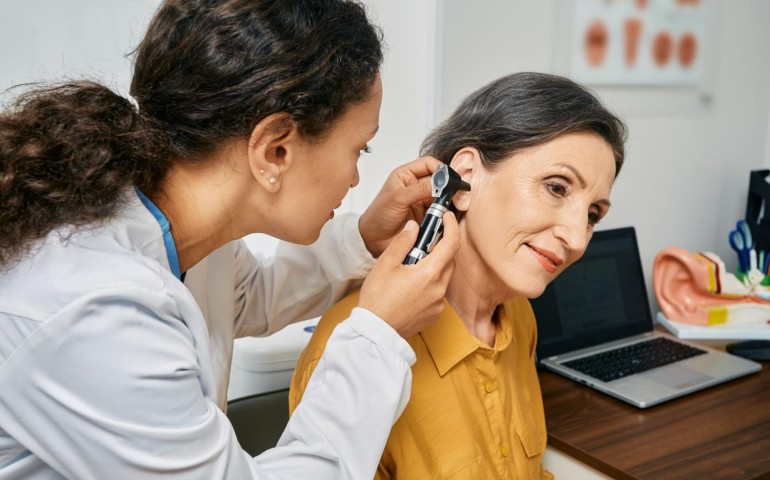What to Do After a Hearing Loss Diagnosis
Getting a hearing loss diagnosis can feel overwhelming and bring feelings of frustration and uncertainty. But it can also help you feel better. It explains why you have trouble hearing your loved ones. It also helps you understand why you can't enjoy your favorite music or TV shows.
It's important to remember that a hearing loss diagnosis is just the start. It helps you understand your hearing health better. You can then take steps to improve your quality of life.
Understanding Your Hearing Loss
The first step after getting a hearing loss diagnosis is learning more about your specific type of hearing loss. Not all hearing loss is the same. Knowing your type and severity will help your audiologist decide what to do next based on your hearing test results.
It is also important to learn the cause of your hearing loss. Whether it’s aging, exposure to loud noise, infections, or a medical condition, the reason behind your hearing loss can also inform your treatment options.
The main types of hearing loss are:
- Sensorineural hearing loss is the most common and is usually age or noise-related. It involves damage to the inner ear or auditory nerve.
- Conductive hearing loss is often caused by blockages or damage to the outer or middle ear and may be treatable with medication or surgery.
- Mixed hearing loss is a combination of both types.
Coping with Hearing Loss Emotionally and Mentally
Hearing loss affects more than your ears. It can impact your emotions, relationships, and mental health. You might feel isolated or even in denial about your diagnosis. It’s okay to grieve the change, but don’t go through it alone.
Here are some ways to help you cope with hearing loss:
- Talk openly with loved ones about your diagnosis and needs.
- Join a support group to connect with others going through similar experiences.
- Consider counseling to help process the emotional impact.
Exploring Your Treatment Options
Modern hearing care offers a wide range of options to help you hear better.
Hearing Aids
Hearing aids are the most common and effective solution for managing hearing loss. They improve communication and daily interactions by amplifying sounds and improving speech clarity. Hearing aids come in different styles, like behind-the-ear and in-the-ear. They can be customized to fit your needs and lifestyle.
Assistive Listening Devices
Assistive listening devices work with your hearing aids to enhance your ability to hear clearly while watching TV, talking on the phone, or in group settings. They provide extra support when and where you need it most. These devices allow you to stream TV or phone calls directly to your hearing aids. Other examples include captioned phones and personal amplifiers.
Cochlear Implants
Cochlear implants may be an option for people with severe to profound hearing loss. These surgical implants bypass damaged parts of the ear and directly stimulate the auditory nerve. While cochlear implants don’t restore normal hearing, they can significantly improve understanding of speech and environmental sounds.
Rehabilitation & Therapy
Adjusting to your hearing equipment might require some form of therapy or rehab. If your hearing loss is severe enough, things like auditory training can help your brain relearn how to interpret sounds. Speech therapy might be helpful if your hearing loss has affected your ability to speak clearly. These therapies can play a key role in your long-term hearing success.
Lifestyle Adjustments to Improve Communication
Navigating life with hearing loss means making some adjustments to ensure good communication. Even with hearing aids, good communication takes practice.
Here are some tips for small changes that can make a big difference:
- Face people when talking to take advantage of visual cues
- Minimize background noise during conversations
- Learn basic sign language
- Use captions for shows or video calls
Navigating Work and Social Life
Hearing loss doesn’t have to limit your social or professional life. With a few adjustments, you can stay active and engaged.
- Use tools like captioning apps or assistive listening devices in public places
- Advocate for yourself at work and ask about reasonable accommodations
- Stay socially active to keep your brain stimulated and prevent isolation
Don’t Skip Follow-Up Care
Staying on top of your hearing health is vital after a hearing loss diagnosis. Your hearing can continue to change, and your hearing aids might require adjustments over time. Getting regular hearing tests helps find any changes in your hearing. This can prevent problems before they cause lasting damage. These check-ups let a hearing care specialist check how well your hearing aids fit. They can also make any needed adjustments. This helps you get the most from your hearing equipment.
Take the Next Step With Beltone Skoric
Life after a hearing loss diagnosis doesn’t have to be complicated. With the help of the hearing experts at Beltone Skoric, you can improve your hearing and feel more confident interacting with the world. Schedule a free hearing test, hearing aid demo, or fitting at any of our Beltone Skoric locations and discover how we can help you hear your world more clearly.




